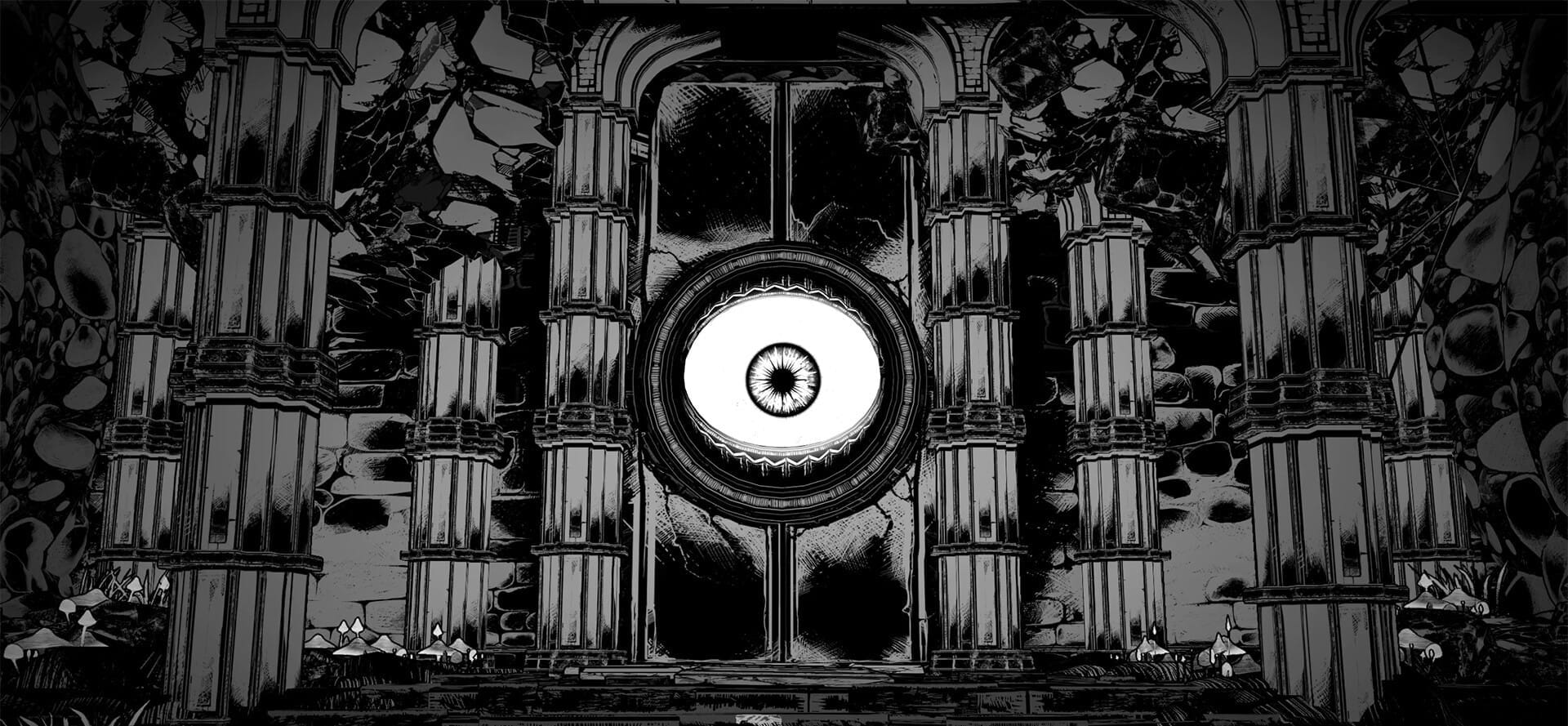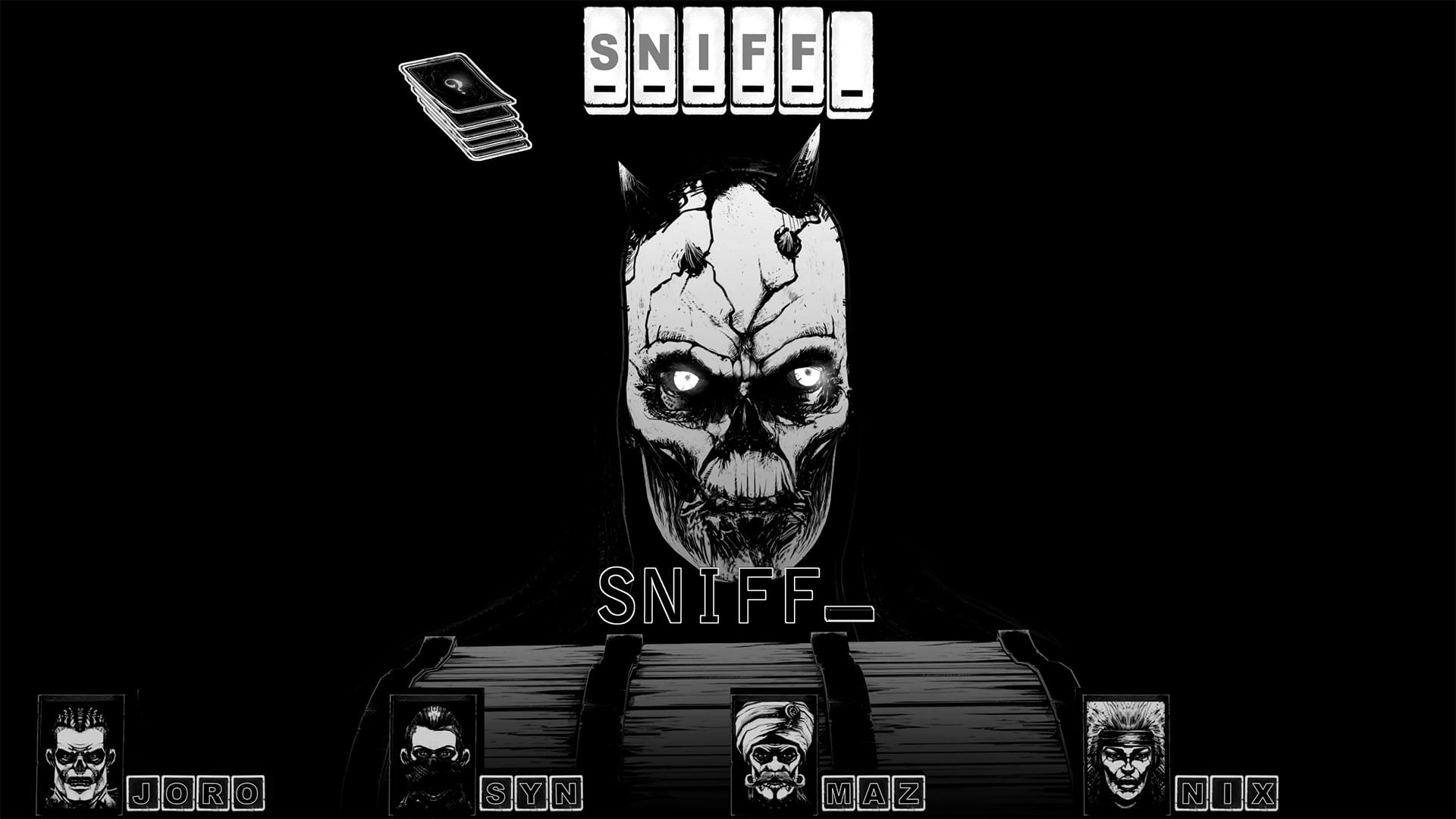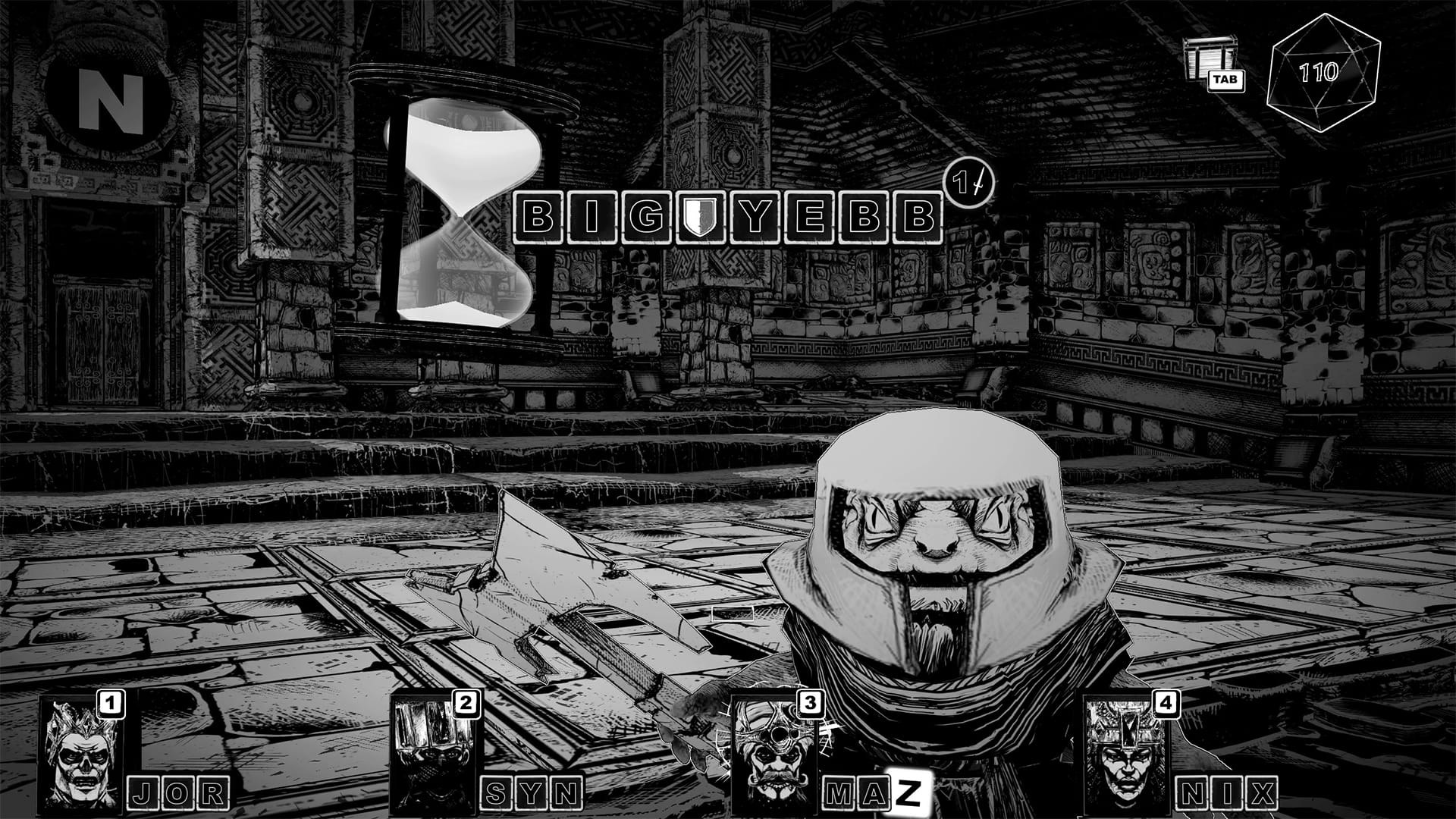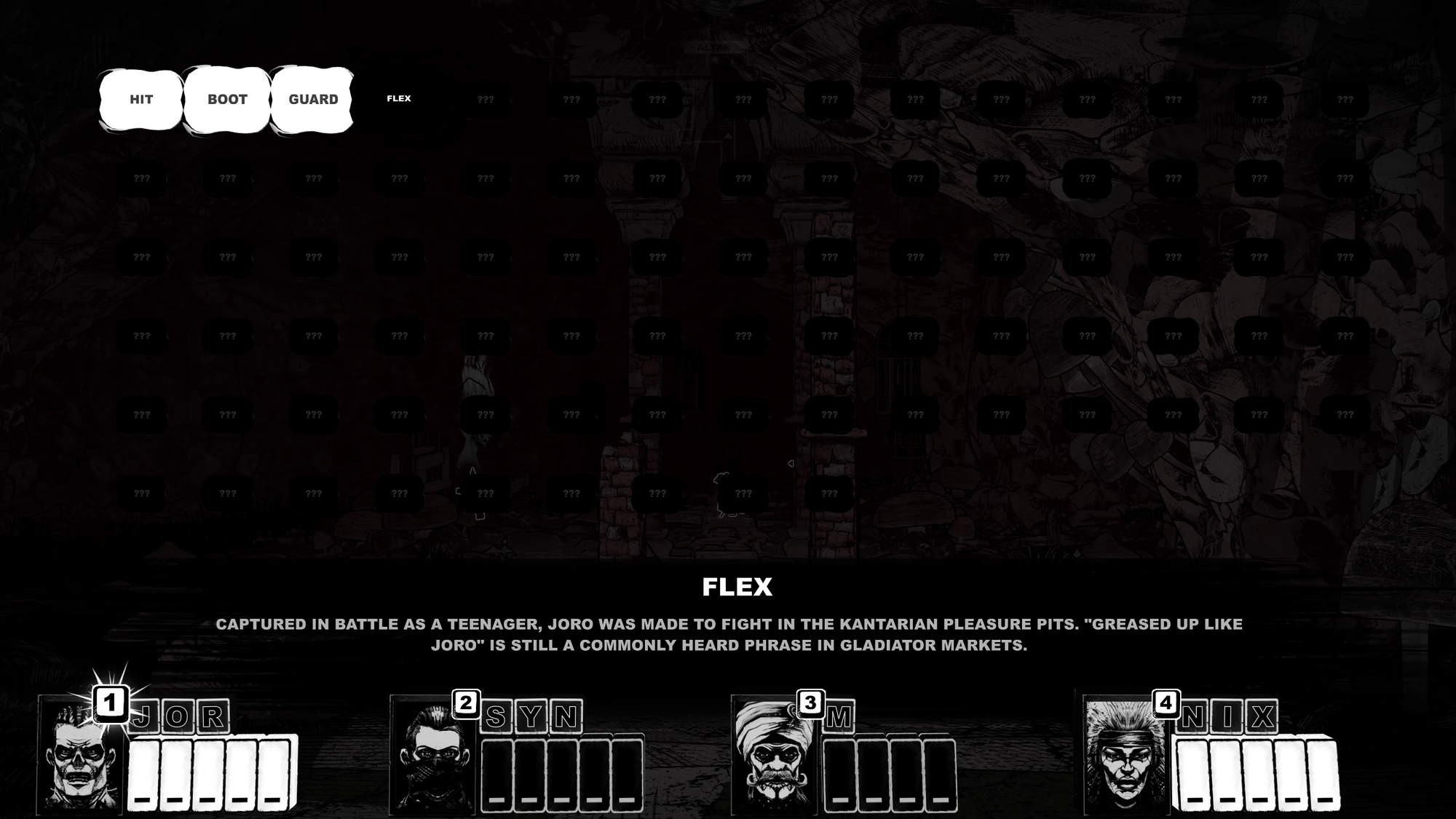Cryptmaster Evolves the Text Parser Adventure Game
Inventive, wry gameplay makes for a great adventure

I think I like the idea of the text parser-based adventure game more than I like the actual games themselves. You know, the kind where you need to type in all your actions. I’m not just talking about the old text adventures from the '70s and '80s, I’m also talking about new text adventures that you might find at IF Comp that push one of the oldest game genres to its limit.
I like games that are carried mostly by their writing and–well, if there aren’t any images the writing needs to be solid. But text parser-based games never seem to click with me. I think it’s similar to the point-and-click adventure game, in terms of my frustrations with the puzzle elements. Occasionally, I think to myself, “Lucas, why aren’t you really into point-and-click adventure games? It’s a genre full of funny games, and those are your favourite kinds.” Then I play some of them, butt up against that classic adventure game puzzle logic, and remember why I have not become an authority on all things point-and-click adventure.
This goes double for the text-only variety, where there aren’t visual clues, just a text parser with set boundaries that always get in my way. It’s more of a personal thing than anything else. With all this said, I’ve recently played Cryptmaster, a dungeon crawler that plays with the idea of the text parser in some funny and delightful ways.
Cryptmaster, from developers Paul Hart and Lee Williams and published by Akupara Games, is a monochrome, first-person dungeon crawler that sees four legendary heroes pulled out of the afterlife (sans memories) by a necromancer known as the Cryptmaster. The foursome is tasked with ascending through layers of underground cities to reach the surface while they recover their memories of past exploits along the way. All the standard features of a dungeon crawler are here — exploration, combat, puzzles, and loot – and basically everything other than moving around the world is done by typing single words.
The best example of how this works is what happens when you open a chest. The Cryptmaster will appear in all his camp glory (and with great VO work by Williams) with some blank spaces for letters. You will then have to guess what item is in the chest, which could be anything from a sword to a jockstrap to a loose eyeball. How you guess is by asking for a memory the Cryptmaster has of the object and using the five senses: look, touch, hear, smell, and the less useful and often amusing taste. If you’re successful, you get some loot. That loot, like everything else, is letters.

Combat is done by typing in your characters’ moves to whittle away their health bar (which for party members and foes is their name). Your four characters basically conform to standard fantasy classes: leader Joro is a hard-hitting warrior type, then there’s Syn the rogue, Maz the healer/support, and Nix the mage (who has many marine-life-based spells). There’s a nice synergy between the characters, especially as one of the big challenges is managing the cooldowns after each party member uses a move. In a nice accessibility touch, since you can choose between having the combat play out in real-time or be turn-based if your fingers can’t accurately type fast enough or you require the use of a controller.
Like the chests, the reward for downing a foe is letters, which are used for the leveling system. Each character has one blank word to fill out at a time, which can be filled out with the letters you collect. These words, which either unlock a move or a memory from the hero’s past, can be found early if you can correctly guess the missing letters.

All of this would be novel, if not particularly thrilling, if not for a couple of things, which truly elevate this game to something great. Firstly, it seems the developers have thought through many of the things that players might put into the parser. And by that, I don’t just mean they have put in synonyms for common actions, though I do appreciate that. I mean that they have provided amusing, fully voiced interactions for many of the ways a player might want to dick around.
A great example of this involves the save system, which you have to do manually at Agda’s healing Altar of Life. Being undead, Agda has no time for you, so the Cryptmaster asks you to desecrate every altar you find so that you can use it. You can smash the altar, you can kick it, and you can do something that sounds a lot like desecrate. Juvenile, yes, but the encouragement to experiment with each altar, combined with Agda’s increased exasperation at your constant vandalism, never ceased to be funny.

Cryptmaster’s myriad of interactions, both with the parser and with the eclectic cast of characters, wouldn’t be as constantly delightful without the strong writing and voice acting on display throughout. This is a genuinely funny game, carried by the ever-present Cryptmaster and his constant droll commentary. But there are jokes all around, from the memories you unlock to the bigger quest beats, such as when you need to help a bard write a diss track.
There are so many fun ways to mess about with the game that you are unlikely to find all the gags in a playthrough. After I completed the game, I saw patch notes from the (in character) Cryptmaster Twitter/X account that mentioned “more flirt responses” and “I now respond to animal noises.” I did not think to do either of those things, but keep those in mind when you play. And you should play it, because it’s an inventive and welcome evolution of a niche genre.